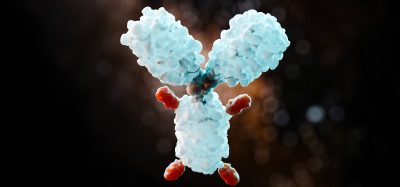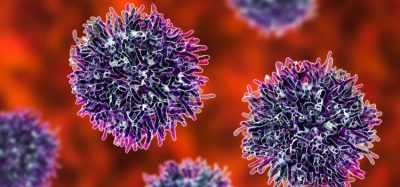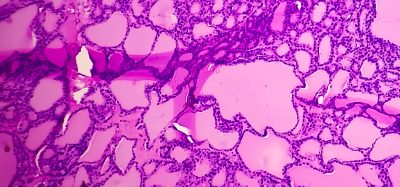Scientists uncover answer to colorectal cancer immunotherapy resistance
Posted: 13 October 2021 | Anna Begley (Drug Target Review) | No comments yet
Boosting dendritic cells prevented immunotherapy resistance in mouse models, suggesting a new approach to colorectal cancer therapies.


A team at Massachusetts General Hospital, US, and the University of Geneva, Switzerland, have discovered that boosting dendritic cells could be the key to overcoming colorectal cancer’s immunotherapy resistance.
Most colorectal cancers that spread to the liver do not respond to immune checkpoint inhibitors, the team explain. However, when they injected colorectal cancer cells under the skin in the hind flank of mice, the cells responded well to immune checkpoint inhibitors. The researchers subsequently decided to take an orthotopic approach by injecting the cancer cells in the relevant anatomical sites – for example, the colon, where primary colorectal cancer cells grow, and the liver, where these cells metastasise.
“We found that these colorectal cancer mouse models were profoundly resistant to immune checkpoint inhibitors, similar to what is seen in patients,” stated co-corresponding author Dr Dai Fukumura. “Our results highlight how the environment in which cancer cells grow can influence the effectiveness of immunotherapy. Also, they indicate that these orthotopic cancer models should be used to study resistance to immune checkpoint blockade as observed in patients with colorectal cancer.”
To determine how liver metastases are resistant to immune checkpoint blockade, the team then investigated the composition of immune cells present in liver metastases in mice and compared it with that of colorectal cancer cells injected under the skin. “We found that liver metastases lacked certain immune cells – called dendritic cells – that are required for the activation of other immune cells known as cytotoxic T lymphocytes, which can kill cancer cells,” said lead author William Ho. “We saw a similar situation in patients – their liver metastases showed a lack of dendritic cells and activated T lymphocytes.”
When the team augmented the number of dendritic cells within liver metastases by giving mice a growth factor called Flt3L, the treatment led to an increase in cytotoxic T lymphocytes within the tumours and caused the tumours to become sensitive to immune checkpoint inhibitors.
NEWS: Small molecule RGX-202 prevents metastasis in colorectal cancer – READ HERE
The team believe that their study, published in PNAS, could lead to future treatments. “Our study highlights the importance of orthotopic tumour models in immunotherapy studies and underscores the relevance of dendritic cells for effective immune checkpoint blockade,” concluded co-corresponding author Professor Mikael Pittet. “It also points to the possibility of developing new therapies that could be effective in controlling resistant colorectal cancer. For example, the combination of Flt3L and immune checkpoint inhibitors is an interesting therapeutic option that is worth evaluating in clinical trials.”
Related topics
Immuno-oncology, Immunotherapy, In Vivo, Molecular Biology, Oncology, Small molecule
Related conditions
Colorectal cancer
Related organisations
Massachusetts General Hospital (MGH), University of Geneva
Related people
Dai Fukumura, Professor Mikael Pittet, William Ho








